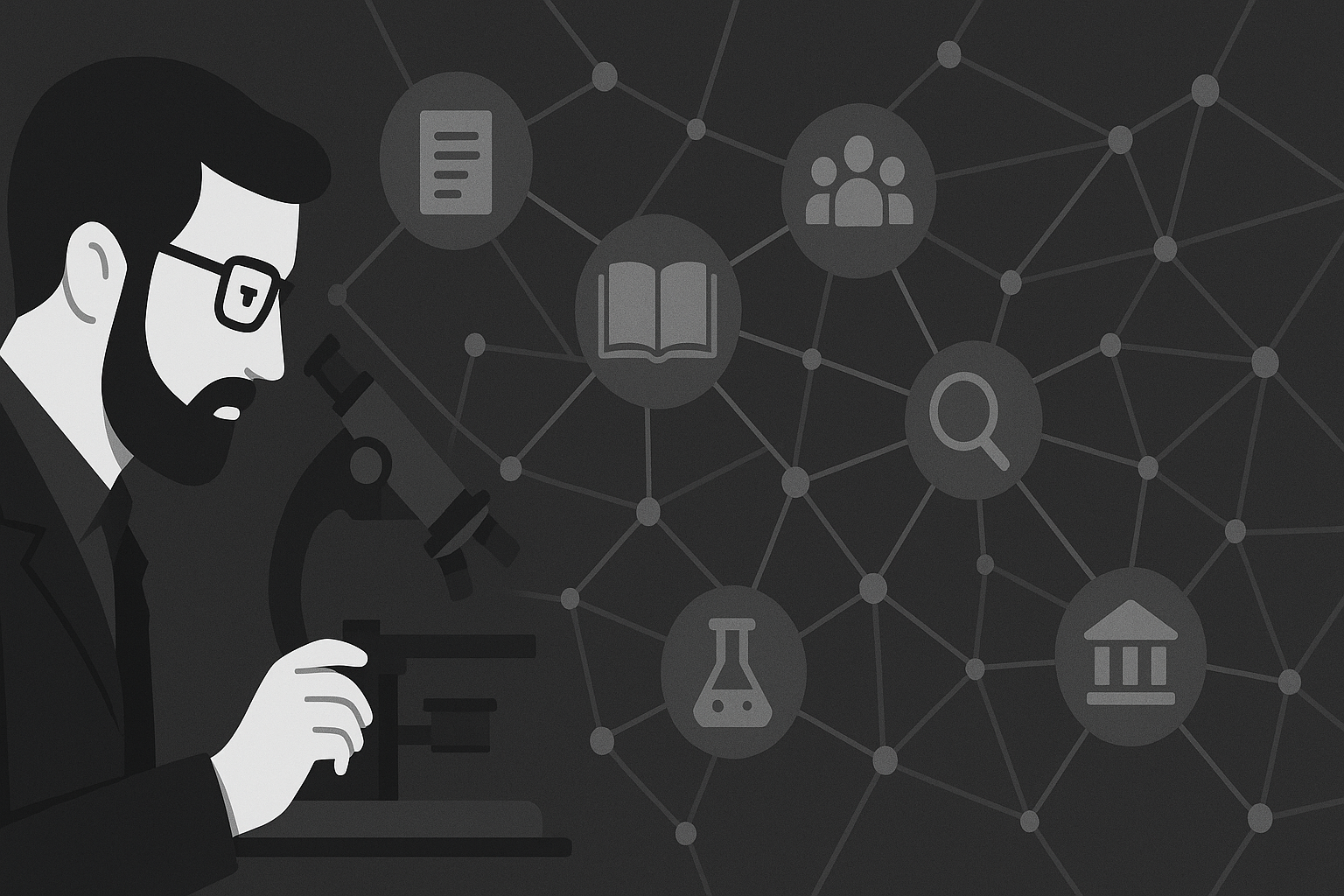🔗Why did I create eDNAjoint? Environmental DNA (eDNA) - the genetic material left by organisms in their environment - is increasingly used as an efficient and cost-effective method in surveys of species distribution and abundance. This emerging data type presents new opportunities and new challenges, particularly around interpretation and fear of false positive detections.
Messages de Rogue Scholar

Continuando con la entrada anterior, en esta entrada explicaré el funcionamiento de la última opción del botón «Pre-edit» del modo colación de ChrysoCollate.

TL; DR: Underworld is now Singularity-enabled, making it easier and somewhat quicker to use compared to traditional HPC installs. We demonstrate results using over 10,000 CPUs and more than one billion unknowns for solving the Stokes equation with Underworld 2.16
This is our dog Eleanor. She’s a Great Pyrenees/German Shepherd mix, just over one year old. We rescued her last September — some heartless jerkbag had dumped her out out of a moving vehicle in a random neighborhood. Fortunately she was unhurt, but she needed a home, and here we are.

This article summarises research from “Generated Knowledge Prompting for Commonsense Reasoning” by Jiacheng Liu and colleagues from the University of Washington

This blog post is based on and summarises the paper Connected Research: The Potential of the PID Graph” by Helena Cousijn, Ricarda Braukmann, Martin Fenner, Christine Ferguson, René van Horik, Rachael Lammey, Alice Meadows, and Simon Lambert, published in 2021.

Introduction Imagine a world where every piece of research—every article, dataset, researcher, and institution—is seamlessly connected, no matter where it resides or how the digital landscape shifts. This isn’t a distant dream; it’s the reality being forged by persistent identifiers (PIDs). These unassuming strings of characters are revolutionizing how we create, share, and build upon knowledge.

This article summarises research from "Tree of Thoughts: Deliberate Problem Solving with Large Language Models" by Shunyu Yao, Dian Yu, Jeffrey Zhao, Izhak Shafran, Thomas L. Griffiths, Yuan Cao, and Karthik Narasimhan.
Published today in GigaScience is a new algorithm connecting social and biological networks to identify key proteins in Human Health. Researchers at Ben-Gurion University of the Negev have developed a machine-learning algorithm that could enhance our understanding of human biology and disease.
TIB, a long-standing supporter and development partner of the Public Knowledge Project, hosted the first translation sprint, more than 10,000 words were translated See the original German version in TIB’s blog The free and open source software Open Journal Systems (OJS) by the Public Knowledge Project (PKP) is a very popular workflow management software in European Open Access (OA) publishing (cf. e.g. country reports
[Author's Note: This is Version 2 of this Editorial Blog Post. Version 1 was openly reviewed through MetaROR and this version reflects changes made as a result of those reviews. The response to reviewers is here.] Academia is undergoing a rapid transformation characterized by exponential growth of scholarly outputs.